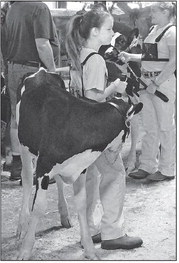Clark Co. approves 2020 budget


“Pretty steady” are two words Clark County comptroller Terri Domaszek used last week to describe the county’s recent property tax rate trend. In fact, the numbers show, the a...


“Pretty steady” are two words Clark County comptroller Terri Domaszek used last week to describe the county’s recent property tax rate trend. In fact, the numbers show, the a...